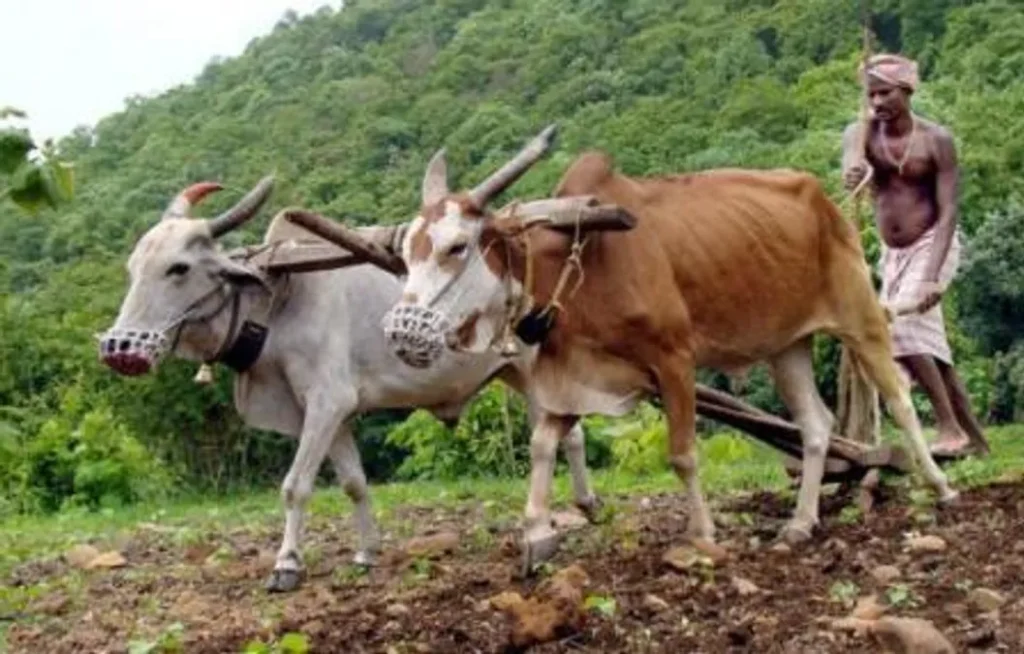Context:
The Department of Agriculture and Farmers’ Welfare has added 10 new agricultural commodities to expand the scope of trade under e-NAM (National Agricultural Market).
More on the News

- The formulation of these additional 10 tradable parameters aligns with the Government’s ongoing efforts to modernize the agricultural sector, ensuring greater inclusivity, efficiency, and market transparency.
- The Directorate of Marketing and Inspection (DMI) has formulated tradable parameters for these 10 commodities and will make the list of formulated tradable commodities to 231 (available on the e-NAM platform).
List of the 10 newly added Commodities
Miscellaneous Commodities:
1. Dried Tulsi Leaves
2. Besan (Chickpea Flour)
3. Wheat Flour
4. Chana Sattu (Roasted Chickpea Flour)
5. Water Chestnut Flour
Spices:
6. Asafetida
7. Dried Fenugreek Leaves
Vegetables:
8. Water Chestnut
9. Baby Corn
Fruits:
10. Dragon Fruit
Directorate of Marketing and Inspection (DMI)
- DMI, established in 1935 as an attached Office of the Department of Agriculture, Cooperation and Farmers Welfare under the Ministry of Agriculture & Farmers Welfare.
- The Directorate is headed by Agriculture Marketing Adviser to the Government of India.
- Head Office: – Faridabad (Haryana); Branch Head Office: – Nagpur (Maharashtra).
- It maintains a close liaison between the Central and the State Governments.
- DMI mandates to implement the agricultural marketing policies and programmes for the integrated development of marketing of agricultural and other allied produce in the country
- DMI has been entrusted with the formulation of tradable parameters for agricultural commodities to be traded on the e-NAM (National Agricultural Market) platform.
e-NAM Platform
It is a pan-India electronic trading portal launched in 2016, it provides single-window services for all Agricultural Produce Market Committee (APMC) mandis to create a unified national market for agricultural commodities.

- The APMCs are established by the State Government to regulate the marketing of agriculture and pisciculture produce under the Model Agricultural Produce and Livestock Marketing (Promotion and Facilitation) Act, 2017 (APLM Act)
It is not a parallel marketing structure but rather a device to create a national network of physical mandis which can be accessed online.
It aims to promote stable prices and availability of quality produce to consumers.
It is completely funded by the Central Government and is implemented by the Small Farmers Agribusiness Consortium3 (SFAC), under the aegis of the Ministry of Agriculture and Farmers’ Welfare.

